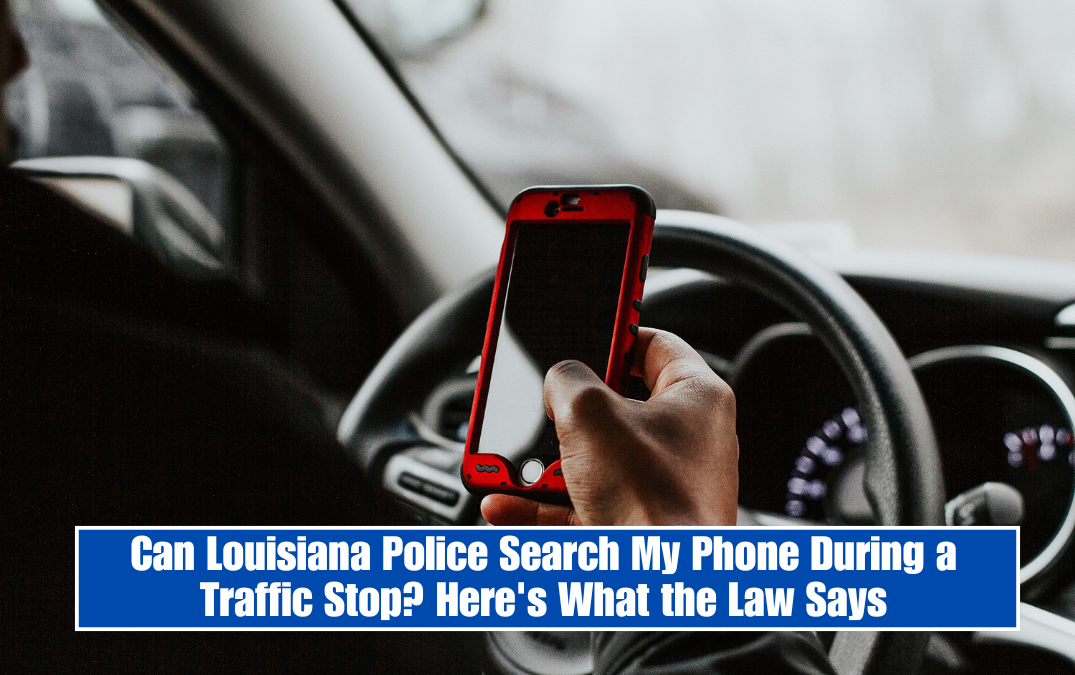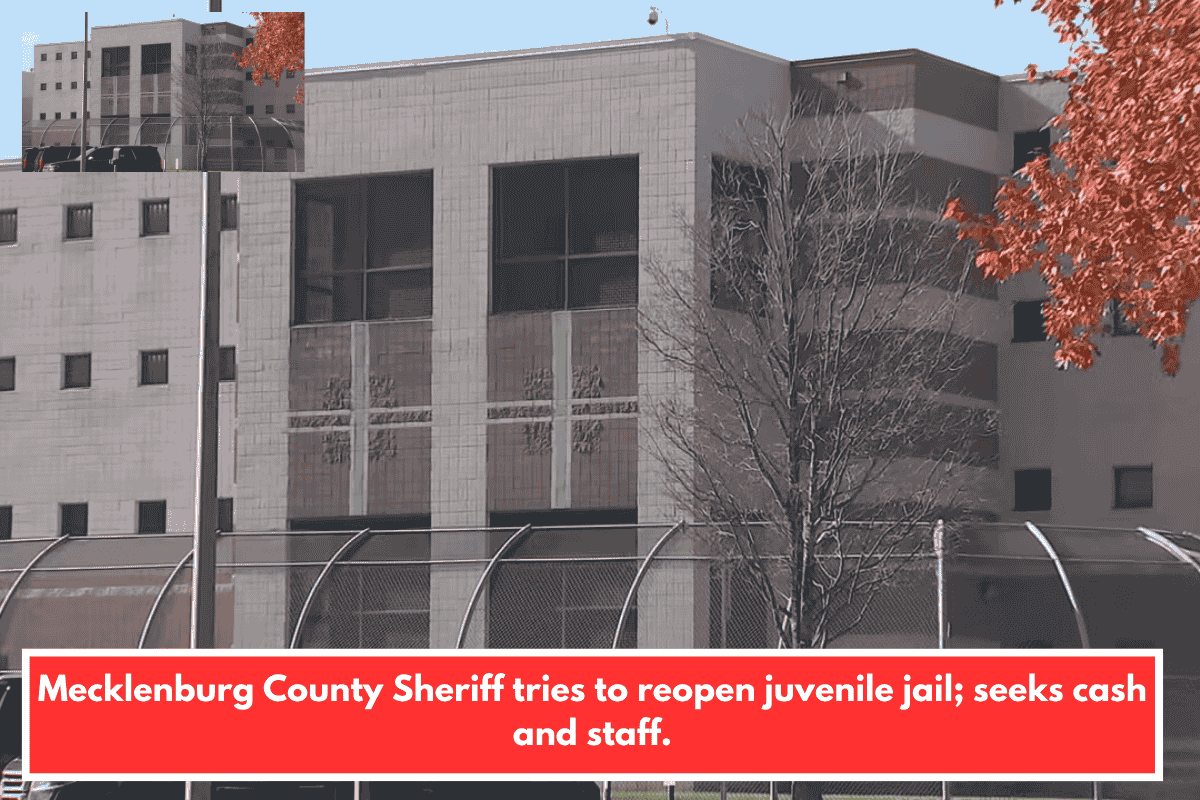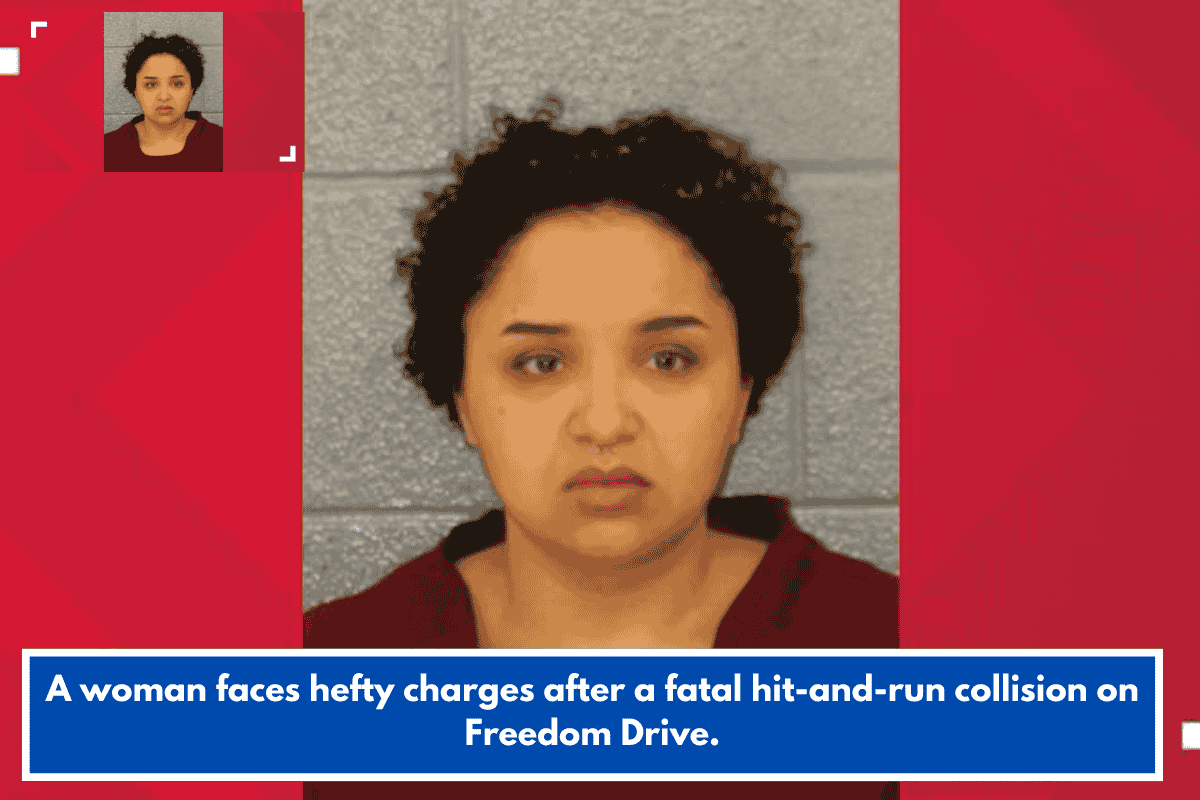If you’re ever stopped by the police—whether at your home, in your car, or just walking on the street—it can feel stressful. But it’s important to know that you have certain rights that protect you. These laws are there to make sure everyone is treated fairly. This guide explains your basic rights in simple terms so you can understand what to do in different situations involving the police in Louisiana.
What to Do If Police Stop You on the Street
If a police officer believes you might be involved in a crime, they can stop you. In this case:
Give your name and address when asked. If you refuse, you might get arrested in Louisiana.
Keep your hands where the officer can see them.
Ask politely if you are free to leave. If they say yes, you can walk away.
Police can pat you down for safety reasons but cannot search your pockets unless they feel something like a weapon.
You can ask if you are under arrest. If yes, say clearly that you want to remain silent.
You don’t have to let them search your phone or belongings.
Your Rights During a Traffic Stop
If the police stop your car, here’s what to do:
Pull over safely, turn off the engine, and turn on the inside light. Keep your hands on the steering wheel.
Show your driver’s license, registration, and insurance if asked.
You can say no if they ask to search your car. But if they believe there’s evidence of a crime, they can search without your permission.
Both drivers and passengers have the right to stay silent. Passengers can also ask if they are free to go.
If asked to take a sobriety test (like breath or blood tests), you can refuse, but this may lead to fines or penalties. The police must explain the legal consequences before continuing.
You don’t have to answer questions about your immigration status.
If Police Come to Your House
You don’t have to let police enter your home unless they have a proper warrant.
This rule also includes porches, garages, and balconies.
If they have a warrant, ask to see it. They can only search the areas and items listed on the warrant.
If they have an arrest warrant, they can only enter your home if the person named in the warrant is inside.
The smell of marijuana alone is no longer a valid reason for police to enter your home without a warrant.
Even if the police have a warrant, you can remain silent.
You can say no if they ask to search your home, car, or belongings—unless they arrest you or have a warrant.
What If You Are Arrested?
If you are arrested, stay calm and remember your rights:
Say clearly that you want to remain silent and ask for a lawyer.
If you can’t afford a lawyer, you will get one for free.
If you are under 18, ask the police to contact your parent or guardian.
Show your ID when asked.
Police can search you and your car after arrest.
Do not answer any questions or make decisions without your lawyer.
You can make one local phone call. If you call your lawyer, the police are not allowed to listen.
Can You Record the Police in Louisiana?
Yes, you are legally allowed to record police officers in public while they are doing their job.
They cannot take your phone or delete any videos without a warrant.
But make sure you do not get in their way or stop them from doing their duty.
What to Do If You Feel Your Rights Were Violated
If something feels wrong during your interaction with the police, you should:
Write down the officer’s name, their badge number, the patrol car number, and the department they work for.
Get contact details of any witnesses.
If you’re hurt, see a doctor and take photos of your injuries right away.
File a written complaint with the internal affairs department of the police agency.
New Louisiana Law from January 2024
A new law, Act 217, came into effect on January 1, 2024. It requires the police to collect and report data from traffic stops. This is meant to bring more transparency and fairness to police actions.
Dealing with the police can feel scary, but staying calm and knowing your rights can protect you. Remember, you have the right to remain silent, ask for a lawyer, and refuse certain searches. These laws are there to make sure you’re treated fairly, whether you’re stopped in your car, on the street, or even at your home. Always stay respectful, but don’t be afraid to speak up for your rights. When in doubt, remain silent and ask for legal help.














